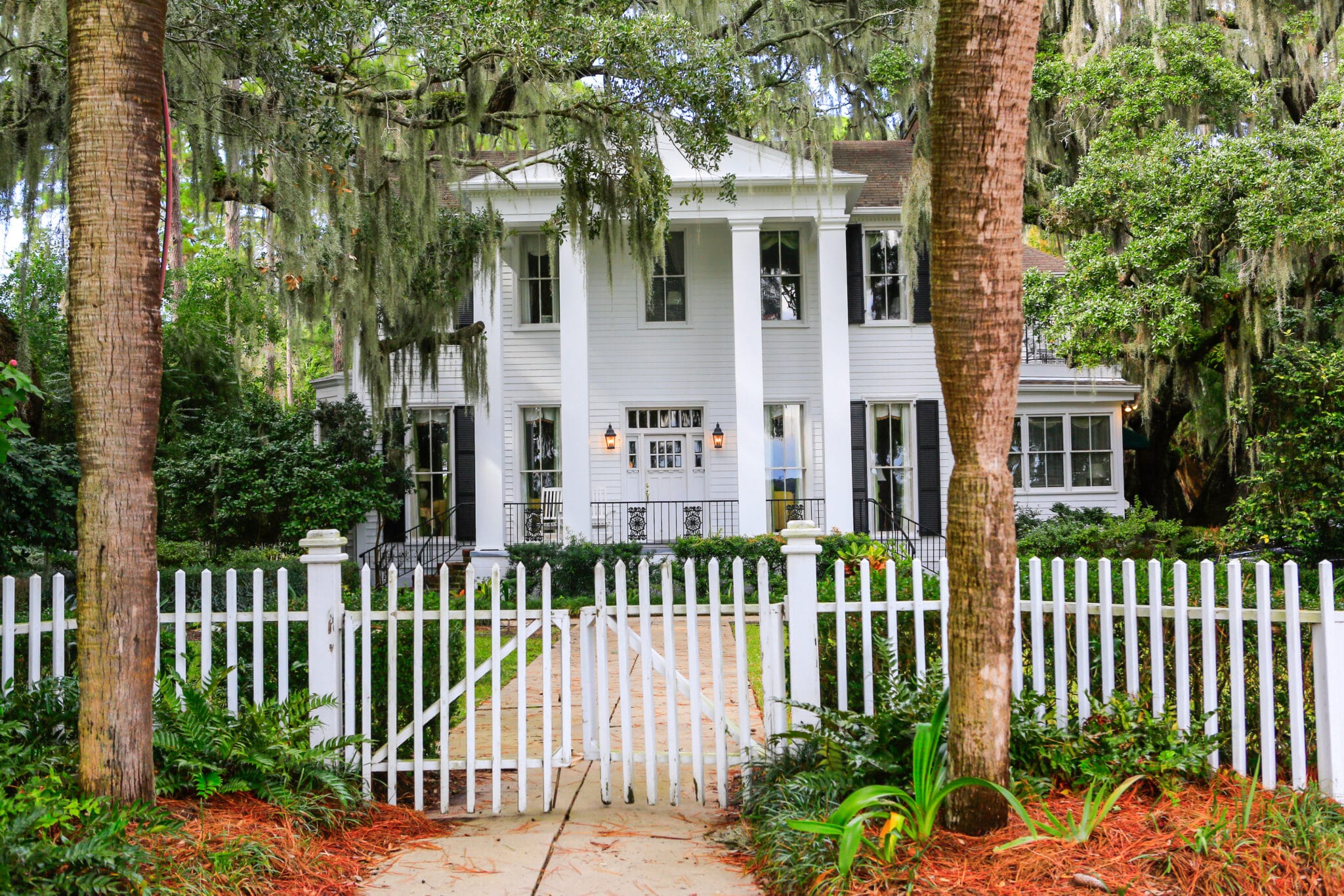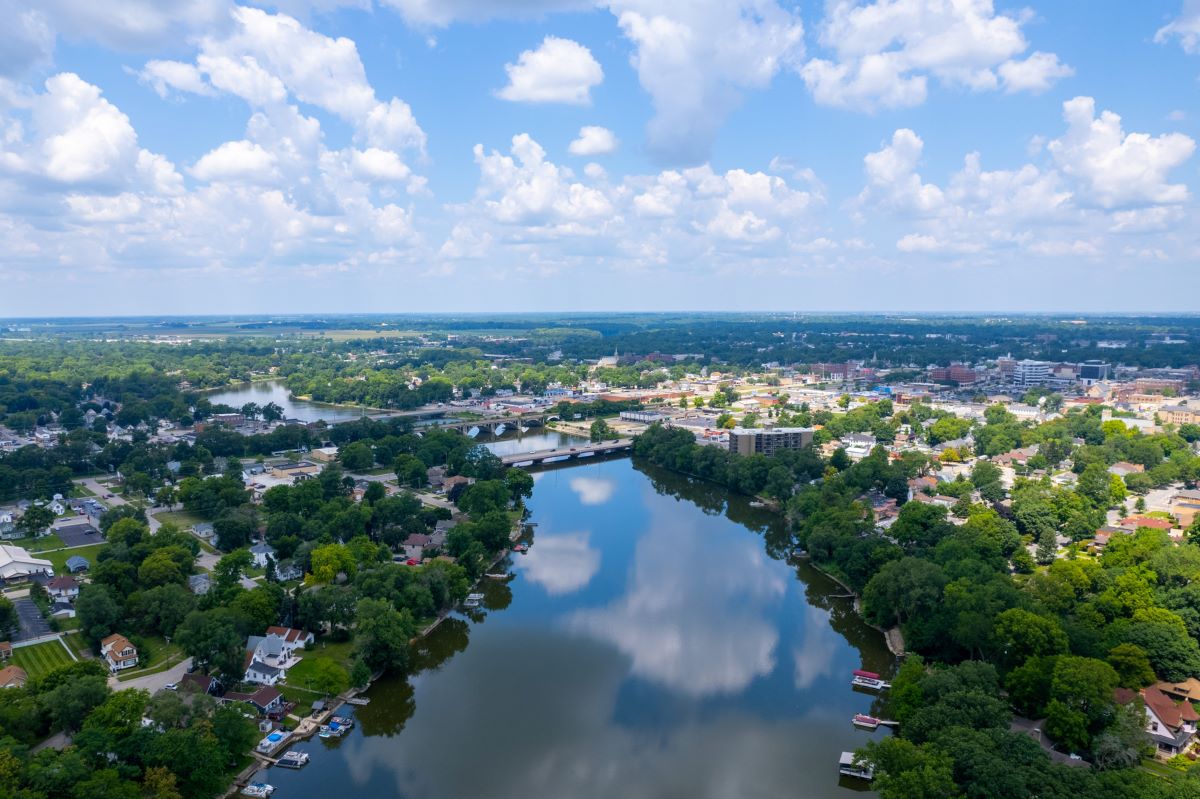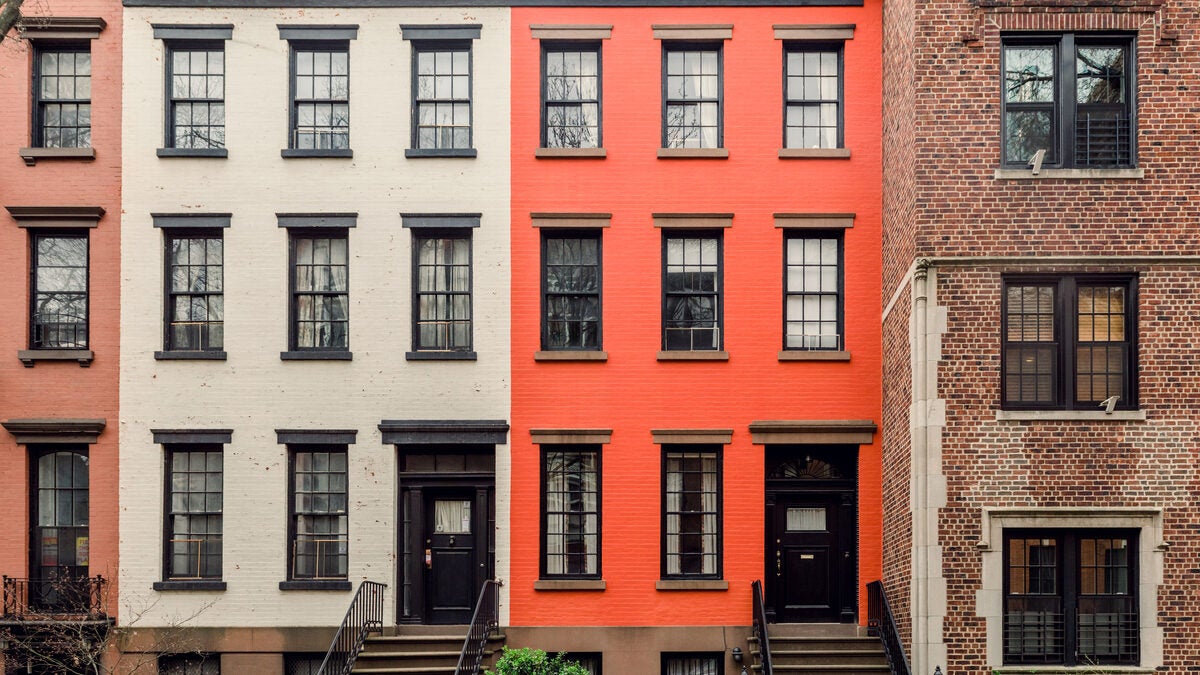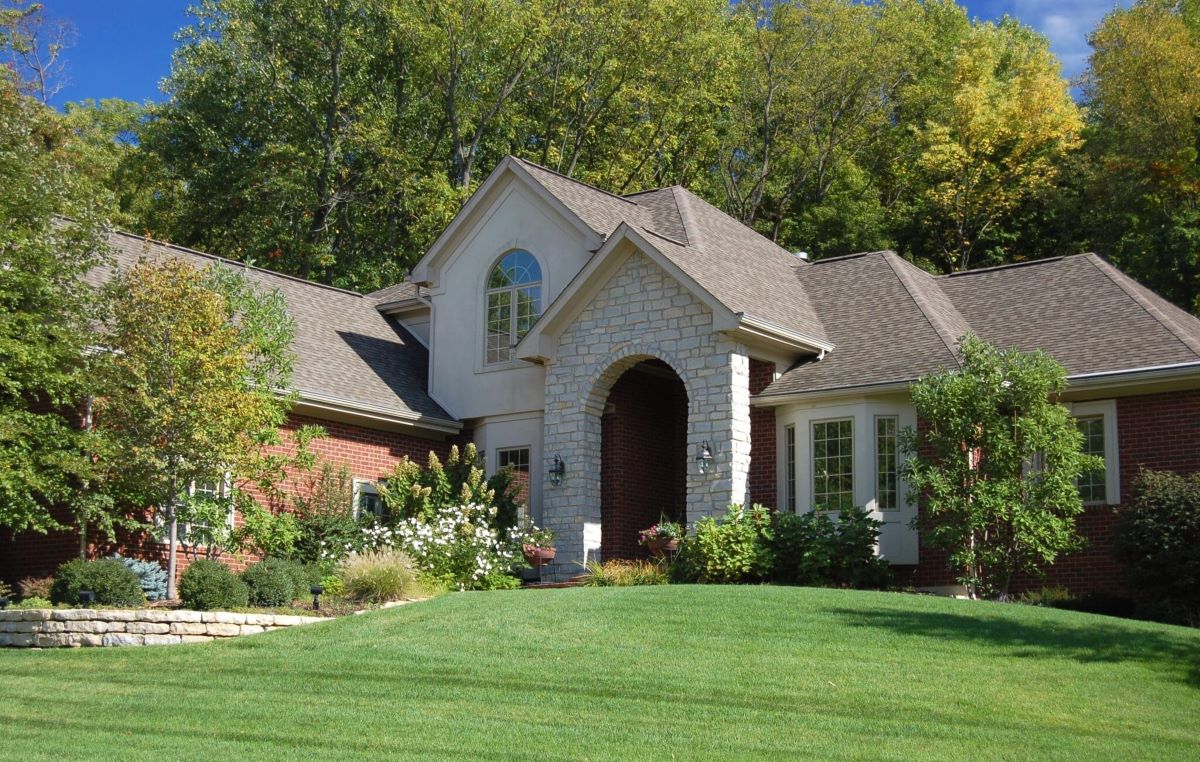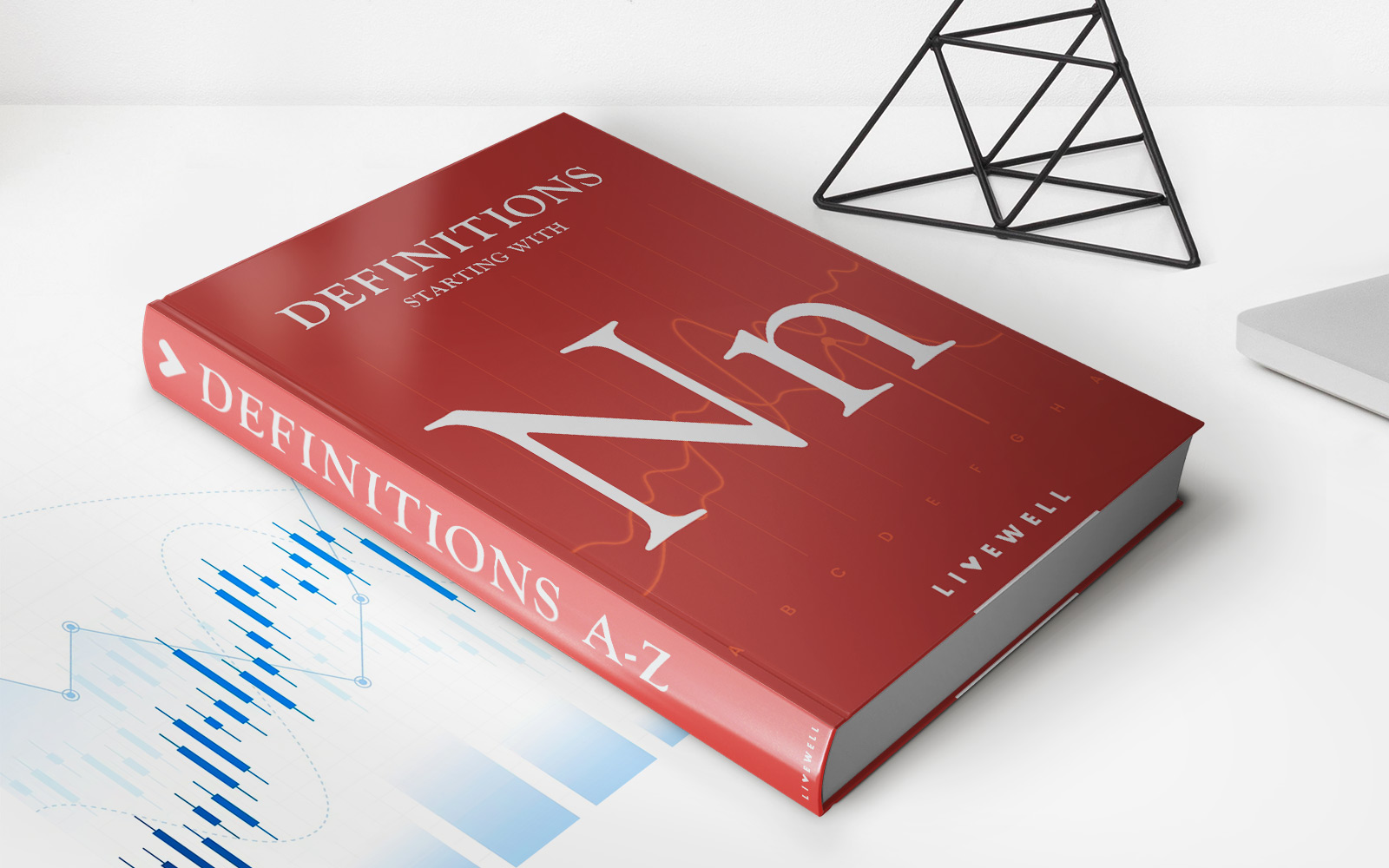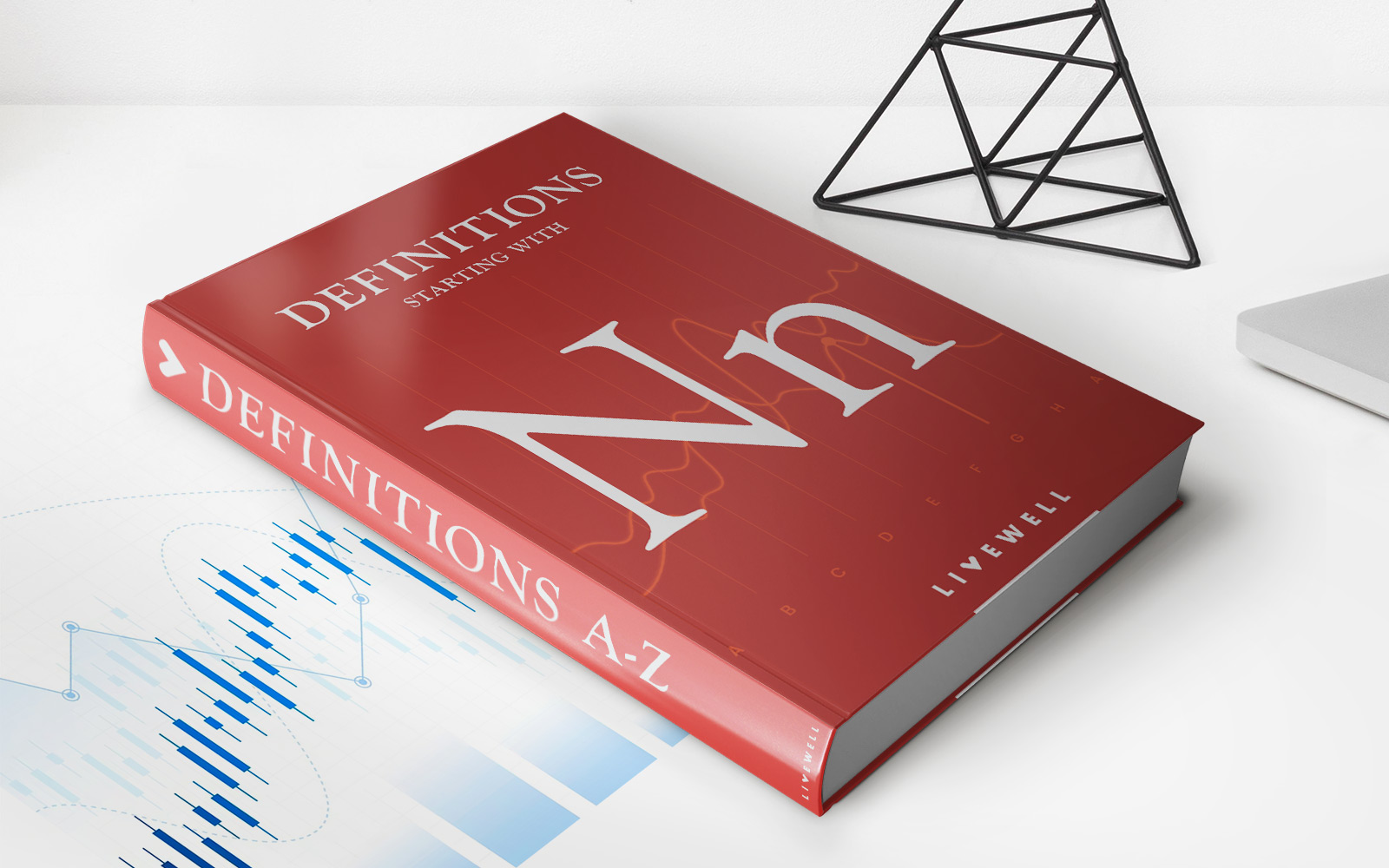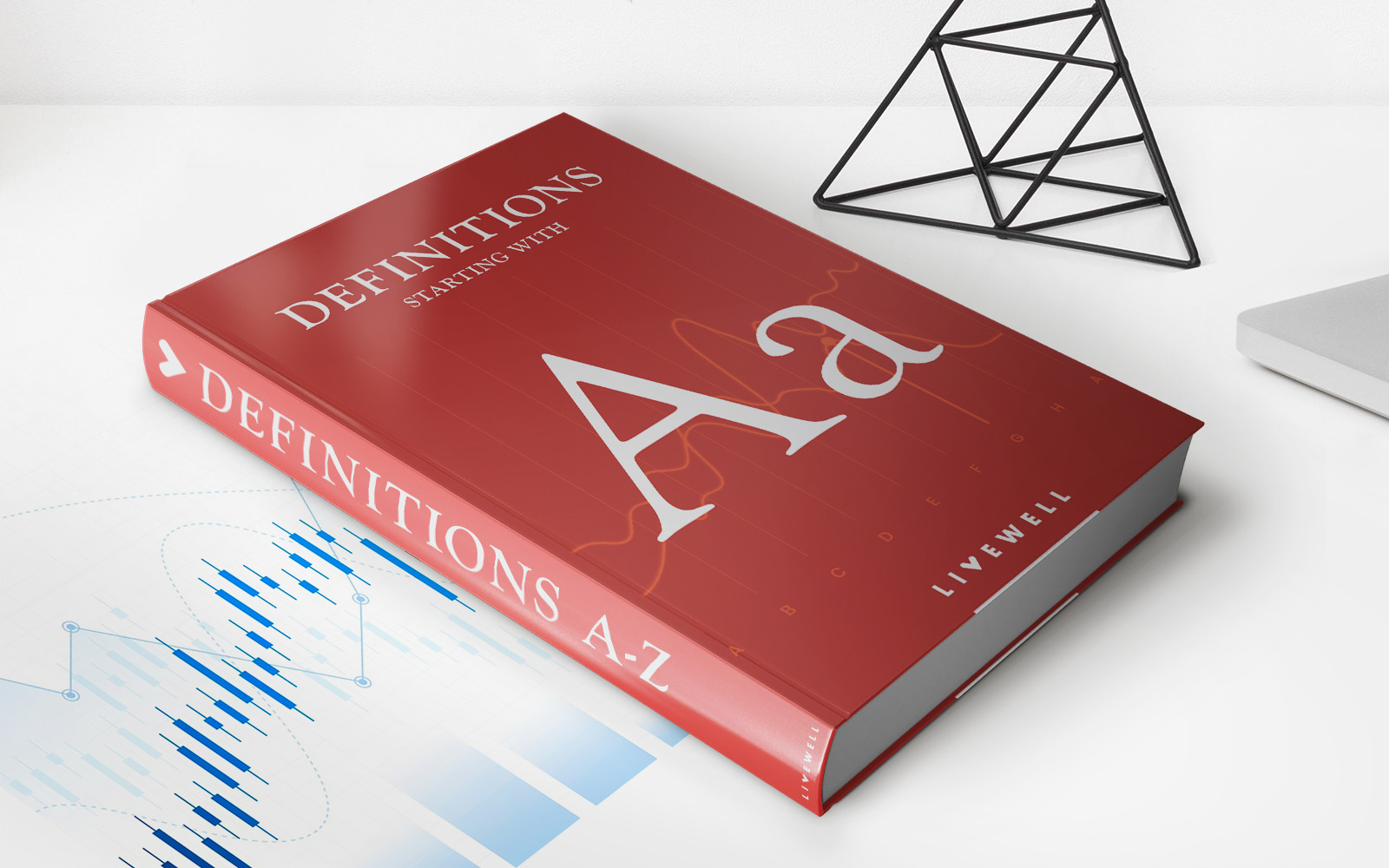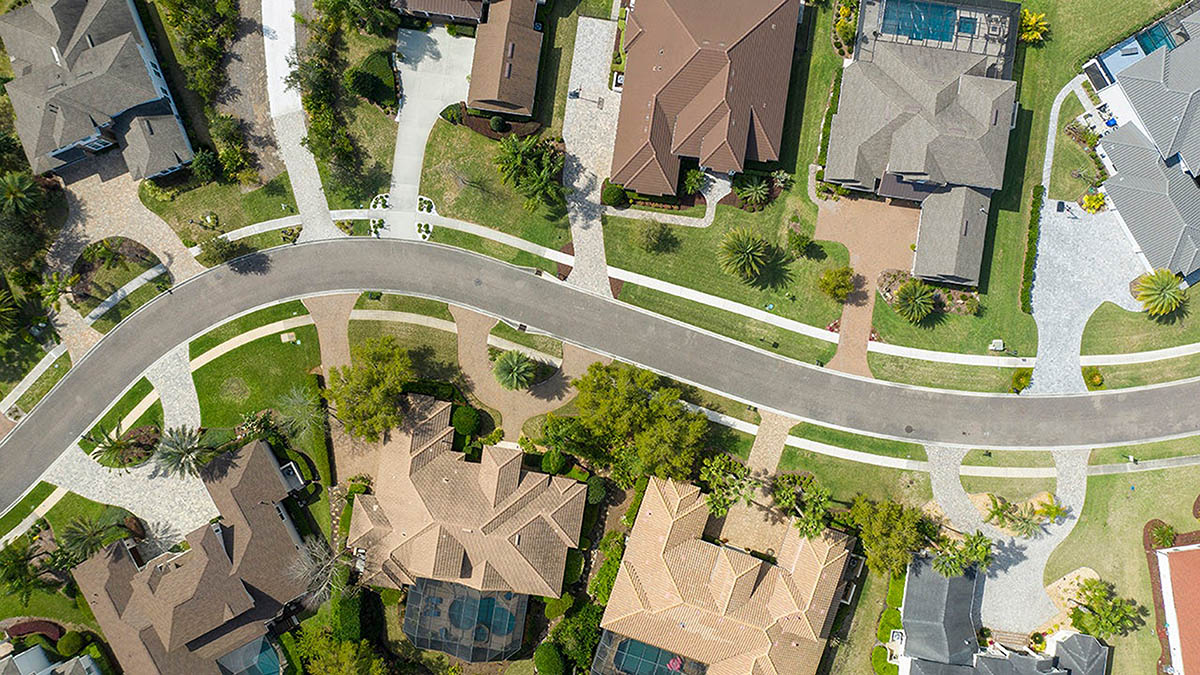

Finance
How Much Is Homeowners Insurance Illinois?
Published: November 19, 2023
Find out how much homeowners insurance in Illinois costs to protect your property and finances. Get affordable quotes and expert advice now.
(Many of the links in this article redirect to a specific reviewed product. Your purchase of these products through affiliate links helps to generate commission for LiveWell, at no extra cost. Learn more)
Table of Contents
Introduction
Welcome to the comprehensive guide on homeowners insurance in Illinois! Whether you’re a first-time homebuyer or a long-time homeowner, understanding the ins and outs of homeowners insurance is essential for protecting your most valuable asset. In this article, we’ll delve into the factors that affect homeowners insurance rates in Illinois, the average cost of coverage in the state, available coverage options and limits, as well as tips for finding affordable insurance.
Illinois, known for its diverse landscapes, bustling cities, and beautiful suburbs, is home to millions of residents. From the historic neighborhoods of Chicago to the tranquil communities of Springfield and Naperville, homeowners across the state face different risks and considerations when it comes to insuring their properties. Whether you own a detached house, a townhouse, or a condominium, having the right homeowners insurance policy is crucial for protecting your investment and providing you with peace of mind.
Before we delve into the specifics, it’s important to understand what homeowners insurance is and why it’s necessary. Homeowners insurance is a type of property insurance that provides financial protection in the event of damage or loss to your home caused by covered perils. These perils can include fire, theft, vandalism, windstorm, hail, and more.
Additionally, homeowners insurance not only covers the physical structure of your home but also provides liability coverage. This means that if someone is injured on your property or if your property causes damage to someone else’s property, your homeowners insurance policy may help cover the costs associated with medical expenses or legal fees.
It’s important to note that homeowners insurance is typically a requirement if you have a mortgage on your property. Lenders want to ensure that their investment is protected in case of any unforeseen events. Even if you own your home outright, having homeowners insurance is still highly recommended to safeguard your financial well-being.
Factors Affecting Homeowners Insurance Rates in Illinois
Homeowners insurance rates in Illinois can vary significantly based on a variety of factors. Insurance companies take these factors into consideration when determining the cost of your policy. It’s important to understand these factors so you can make informed decisions when shopping for homeowners insurance. Here are some key factors that can affect your rates in Illinois:
- Location: The location of your home plays a significant role in determining your insurance rates. Factors such as the proximity to fire stations, the crime rate in your area, and the risk of natural disasters can impact your rates. For example, if you live in an area prone to tornadoes or flooding, you may pay higher premiums.
- Home Value and Reconstruction Cost: The value of your home and the cost to rebuild it in the event of a total loss are important considerations for insurance companies. Generally, the higher the value of your home, the higher your insurance premiums will be.
- Age and Condition of Home: Older homes often have higher insurance rates due to the potential for outdated electrical systems, plumbing, or structural issues. Regular maintenance and upgrades can help reduce insurance costs.
- Home Security Features: Homes with security systems, smoke detectors, and fire alarms are generally less risky to insure and may qualify for discounts.
- Claims History: If you have a history of filing frequent claims or significant losses, insurance companies may consider you a higher risk, resulting in higher premiums.
- Insurance Credit Score: In Illinois, insurance companies may consider your credit score when determining your rates. Maintaining a good credit score can help you secure lower insurance premiums.
- Deductible Amount: The deductible is the amount you pay out of pocket before insurance coverage kicks in. Choosing a higher deductible can lower your insurance premiums, but it’s essential to have enough savings to cover the deductible in case of a claim.
- Coverage and Policy Limits: The type and amount of coverage you choose will impact your insurance rates. Additional coverage options, such as flood insurance or earthquake insurance, will increase the cost of your policy.
It’s worth noting that each insurance company has its own proprietary rating system that considers these factors differently. This is why it’s essential to compare quotes from multiple insurers to ensure you’re getting the best coverage at the most competitive price.
Average Cost of Homeowners Insurance in Illinois
The cost of homeowners insurance in Illinois can vary based on several factors, including your location, the value of your home, the coverage options you choose, and your insurance provider. It’s important to have a general idea of the average cost of homeowners insurance in the state to help you budget and make informed decisions. Here’s an overview of the average cost of homeowners insurance in Illinois:
According to the Insurance Information Institute (III), as of 2020, the average annual premium for homeowners insurance in Illinois was approximately $1,015. However, it’s important to note that this is just an average, and individual premiums can vary significantly.
Several factors can influence the cost of homeowners insurance in Illinois. For example, if you live in an area with a higher risk of natural disasters, such as tornadoes or floods, you can expect to pay higher premiums. Additionally, the age and condition of your home, the coverage limits you choose, and the deductible amount you select will also impact the cost of your policy.
Keep in mind that these figures are simply averages, and your actual premium may be higher or lower depending on your unique circumstances. To get an accurate estimate, it’s best to reach out to insurance providers directly and obtain quotes based on your specific needs.
When comparing homeowners insurance quotes, be sure to look beyond just the price. Consider the coverage options, limits, and deductibles offered by each provider. It’s also worth checking the financial stability and customer satisfaction ratings of the insurance company to ensure you choose a reputable provider that will be there for you when you need them.
Additionally, there are steps you can take to potentially lower the cost of your homeowners insurance in Illinois. For example, installing security systems, smoke detectors, and fire alarms can make your home safer and may qualify you for discounts. Additionally, maintaining a good credit score and bundling your homeowners insurance with other policies, such as auto insurance, can often result in cost savings.
Remember, the cost of homeowners insurance is an investment in protecting your most valuable asset. By understanding the average cost range in Illinois and exploring your options, you can find a policy that offers the necessary coverage at a price that fits your budget.
Coverage Options and Limits
When it comes to homeowners insurance in Illinois, it’s important to understand the coverage options and limits available to ensure you have adequate protection for your property and belongings. Here are some common coverage options and limits to consider:
- Dwelling Coverage: This coverage protects the physical structure of your home from covered perils such as fire, windstorm, or vandalism. The dwelling coverage limit should be enough to rebuild your home at current construction costs.
- Other Structures Coverage: This coverage protects structures on your property that are separate from your main dwelling, such as garages, sheds, or fences. Typically, it is a percentage of your dwelling coverage limit.
- Personal Property Coverage: This coverage protects your personal belongings, including furniture, electronics, clothing, and appliances, in the event of covered perils such as theft or fire. It’s important to review your policy to ensure that the coverage limit is sufficient to replace your belongings.
- Liability Coverage: Liability coverage provides financial protection if someone is injured on your property or if your property causes damage to someone else’s property. It can cover medical expenses, legal fees, and even personal liability claims. It’s advisable to have sufficient liability coverage to protect your assets.
- Additional Living Expenses Coverage: If your home becomes uninhabitable due to a covered peril, this coverage can help cover the costs of temporary accommodations, meals, and other living expenses while your home is being repaired or rebuilt.
- Medical Payments Coverage: This coverage pays for medical expenses if a guest is injured on your property, regardless of who is at fault. It can help cover costs such as ambulance fees, hospital bills, and even legal fees if a lawsuit is filed.
- Special Coverage Options: Depending on your needs, you may want to consider additional coverage options such as flood insurance, earthquake insurance, or coverage for valuable items like jewelry or artwork. These types of coverages are typically not included in a standard homeowners insurance policy and may require separate policies or endorsements.
When selecting your coverage options and limits, it’s crucial to assess your specific needs and the potential risks you may face as a homeowner in Illinois. Consider factors such as the value of your home, the contents you want to protect, and any additional coverage you may require based on your location and specific circumstances.
It’s important to review and update your coverage periodically to ensure that it aligns with your needs. As your belongings and home value change, it’s crucial to adjust your coverage limits accordingly. Discussing your requirements with a knowledgeable insurance agent can help you navigate the options and select the coverage that provides the most comprehensive protection for your unique situation.
Discounts and Savings Opportunities
When it comes to homeowners insurance in Illinois, there are several discounts and savings opportunities available that can help you reduce the cost of your premiums. By taking advantage of these discounts, you can save money while still maintaining the necessary coverage for your home. Here are some common discounts and savings opportunities to consider:
- Multi-Policy Discount: Many insurance companies offer discounts if you bundle your homeowners insurance with other policies, such as auto insurance. This can result in significant savings on both policies.
- Security System Discount: Installing security systems, burglar alarms, smoke detectors, or fire alarms in your home can make it less risky to insure. Insurance providers often offer discounts for homes with these added security measures.
- Claims-Free Discount: If you have maintained a claims-free record for a certain period, typically three to five years, you may be eligible for a claims-free discount. This rewards homeowners who have not filed any insurance claims during that time.
- Good Credit Discount: In Illinois, some insurance companies consider your credit score when determining your premiums. Maintaining a good credit score can help you qualify for lower insurance rates.
- New Home or Renovation Discount: If you have recently built a new home or completed major renovations, you may be eligible for a discount. Newer homes and updated properties are often considered lower risk by insurance providers.
- Age of Home Discount: Some insurance companies offer discounts for homes that are less than a certain age. If your home is relatively new, you may qualify for this discount.
- Retiree Discount: If you are a retiree or a senior citizen, you may be eligible for a discount. Insurance companies often offer special rates for homeowners who are at a certain age or who are retired.
- Group Affiliations: Check if you are a member of any associations, professional organizations, or alumni groups that offer group insurance discounts. These affiliations can sometimes qualify you for lower insurance rates.
It’s important to note that not all discounts may be available from every insurance provider, and eligibility criteria may vary. When shopping for homeowners insurance, be sure to inquire about any available discounts and savings opportunities. Additionally, keep in mind that while discounts can help reduce your premiums, it’s essential to ensure that you still have sufficient coverage for your home and belongings.
Ultimately, finding the right balance between cost savings and adequate coverage is key. Consider speaking with an insurance agent who can help you explore all available discounts and customize a policy that meets your needs and budget.
Tips for Finding Affordable Homeowners Insurance in Illinois
While homeowners insurance is important for protecting your property and belongings, it’s understandable that you want to find an affordable policy that fits within your budget. Here are some tips to help you find affordable homeowners insurance in Illinois:
- Shop around and compare quotes: Don’t settle for the first homeowners insurance quote you receive. Take the time to shop around and compare quotes from multiple insurance providers. Each company has its own pricing structure, and rates can vary significantly. By obtaining multiple quotes, you can ensure you’re getting the most competitive rate.
- Consider higher deductibles: Opting for a higher deductible can help lower your monthly premiums. However, it’s important to choose a deductible amount that you can comfortably afford to pay out of pocket in the event of a claim.
- Bundle your insurance policies: Many insurance companies offer discounts if you bundle multiple policies, such as homeowners and auto insurance, with the same provider. Bundling can often result in significant savings on both policies.
- Improve home security: Adding security features to your home, such as burglar alarms, smoke detectors, or a security system, can make your property less risky to insure. Insurance providers often offer discounts for homes with added security measures.
- Maintain a good credit score: In Illinois, some insurance companies factor in your credit score when determining your premiums. To qualify for lower insurance rates, strive to maintain a good credit score by paying bills on time and managing debt responsibly.
- Consider the value of your land: When determining the coverage limit for your dwelling, take into account that homeowners insurance typically covers the structure, not the value of the land. Adjusting your coverage to exclude the value of the land can help reduce your premiums.
- Review your coverage annually: A thorough review of your coverage needs each year can help identify any changes that may lower your premiums. For example, if you’ve paid off your mortgage, you may no longer need a policy that includes lender requirements.
- Work with an independent insurance agent: Independent insurance agents can shop multiple insurance companies on your behalf. They can help you find the most affordable policy that meets your coverage needs, saving you time and effort.
- Keep insurance history in mind: Maintaining a claims-free history can help keep your insurance premiums down. Being mindful of smaller repairs and considering the cost versus filing a claim can help you avoid potential rate increases.
- Review and update your policy: As your circumstances change, it’s important to review and update your homeowners insurance policy. This includes things like major renovations, purchases of high-value items, or changes in occupancy that may impact your coverage needs.
Remember, finding affordable homeowners insurance in Illinois doesn’t mean sacrificing necessary coverage. By using these tips, you can strike a balance between affordability and adequate protection for your home and belongings. Take the time to research, compare quotes, and consult with insurance professionals to find the best policy for your specific needs and budget.
Conclusion
Understanding homeowners insurance and the factors that influence rates is essential for homeowners in Illinois. By considering the location of your home, its value, the coverage options available, and various discounts, you can find an insurance policy that provides the protection you need while remaining affordable.
Remember that homeowners insurance is not a one-size-fits-all solution. Every homeowner has unique needs and circumstances, so it’s important to assess your specific requirements when choosing a policy. Take the time to compare quotes from multiple insurance providers, consider the coverage options and limits that align with your needs and budget, and explore any available discounts and savings opportunities.
In Illinois, factors such as location, home value, age of the home, and your claims history can impact the cost of insurance. However, by implementing home security measures, maintaining a good credit score, and considering higher deductibles, you can potentially lower your premiums without sacrificing coverage.
Don’t forget to review your homeowners insurance policy annually and make updates as needed. Life changes, such as renovations, purchases of valuable items, or changes in occupancy, may require adjustments to your coverage levels. By staying proactive, you can ensure that your policy adequately protects your home and belongings.
Lastly, working with an independent insurance agent can provide valuable guidance and help you navigate the complexities of homeowners insurance. They have access to multiple insurance companies and can assist you in finding the most affordable policy that meets your coverage needs.
At the end of the day, homeowners insurance serves as a crucial safeguard for your most valuable asset. By investing the time and effort in understanding your options, comparing quotes, and finding the best coverage for your circumstances, you can have peace of mind knowing that your home is protected.
